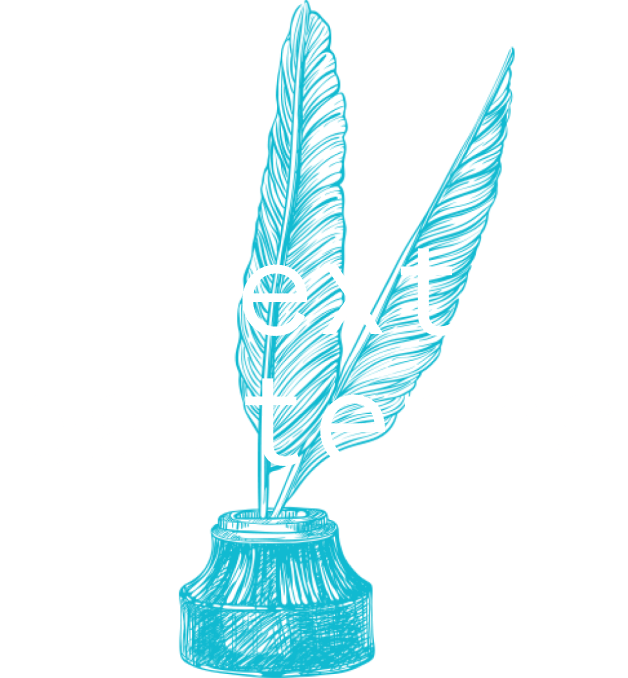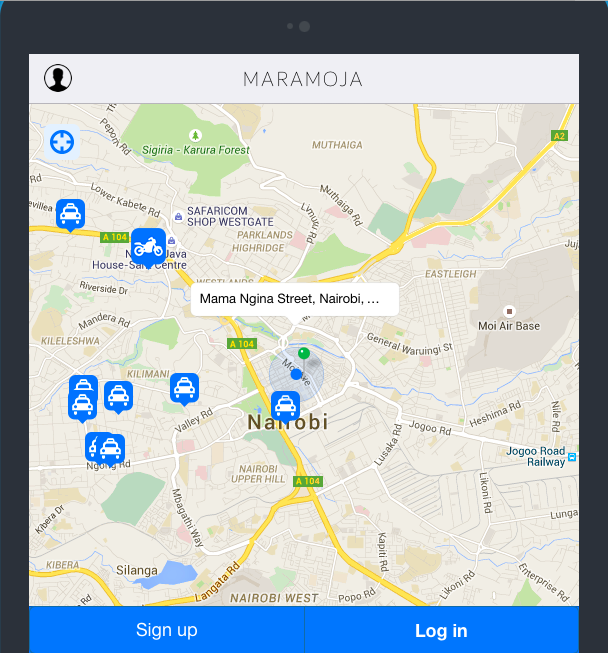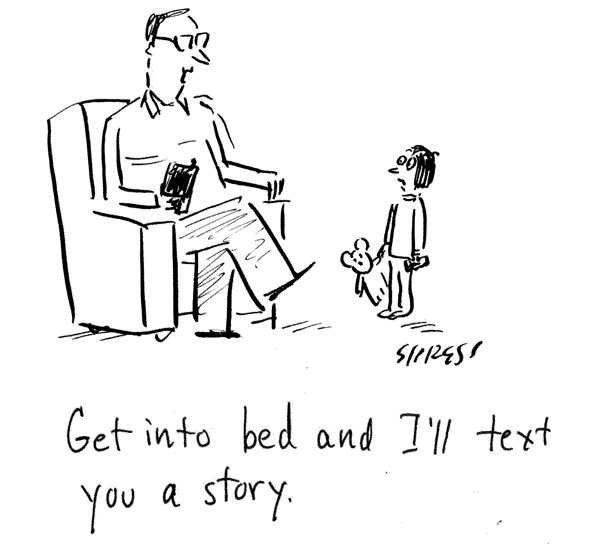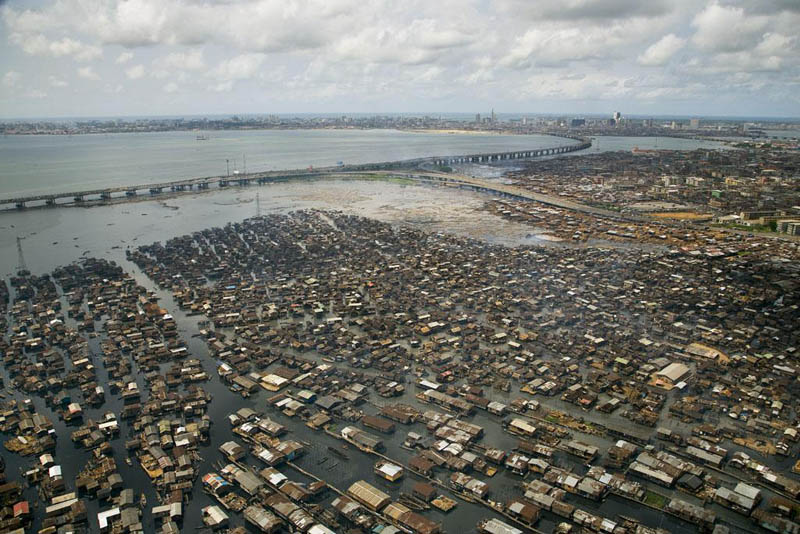June 29, 2015
Uber, algorithms, and trust
I encourage you to read Adam Greenfield’s analysis of Uber and its core values — it’s brilliant. I find myself especially interested in the section in which Greenfield explores this foundational belief: “Interpersonal exchanges are more appropriately mediated by algorithms than by one’s own competence.” It’s a long section,...




